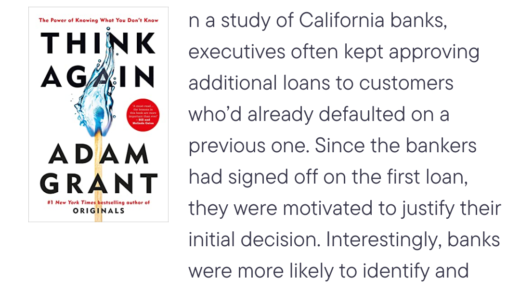These truisms extend to educational signaling. Credentials are undeniably important at the hiring stage. Yet once you’re hired, your employer comes to know you as an individual. If your education understates your skill, the boss will fear to lose you. Expect good raises, or even a promotion. If your education overstates your skill, your employer might hope to lose you. Expect meager raises, or even a pink slip. As time goes by, then, employers should lose interest in mere credentials. This logic is impeccable but dodges crucial questions. Employers eventually get to know the Real You. But how long is “eventually”? In the end, employers pay you what you’re Really Worth. But when is “the end”? Economists have spent twenty years searching for answers, measuring what they call “the speed of employer learning.” When they attack this problem, economists never measure employer learning directly. Instead, they infer what employers know from what employers pay. As workers gain experience, does the payoff for education go down and the payoff for cognitive ability go up? Then researchers infer learning: as employers get to know workers, they pay less and less for superficial credentials, and more and more for underlying merits. When payoffs for education and cognitive ability plateau, researchers often conclude employers have reached the truth. What does this approach reveal? For most workers, employer learning takes years or even decades, not months. Two seminal studies of employer learning found that during your first decade in the workforce, the ability premium sharply rises, while the education premium falls 25–30%. A subsequent prize-winning article found the education and ability premiums plateau after roughly ten years of experience; the education premium stops falling, and the ability premium stops rising. Employers seem to see through college graduates much more quickly than less-educated workers. One early researcher confirmed academic ability is a strong predictor of job performance in both blue- and white-collar jobs. Unlike college graduates, however, high school graduates capture little or no job reward for academic ability during their first eight years in the labor force. A recent high-profile study claims employers see college graduates’ ability “nearly perfectly” as soon as they join the labor market. Yet the same piece finds less-educated workers wait over a decade to get full credit for their talent. The logic of employer learning also suggests sheepskin effects matter less and less as careers progress. The only paper to test this prediction finds sheepskin effects take about two decades to disappear. In light of all the evidence, I’d call employer learning slow. Yes, a few studies hail employer’s “perfect” or “almost perfect” knowledge. When closely read, however, they paint a sluggish picture. Take the study that provocatively claims employers see college graduates’ ability “nearly perfectly.” The same piece reports high school dropouts, high school graduates, and college dropouts enjoy virtually zero payoff for their ability when they first join the labor force. Full catch-up takes over ten years. In other words: to win your rightful place in the world, you must either enter the labor force and work for a decade-plus, or graduate from a four-year college. Somber news for “diamonds in the rough” whose skills surpass their credentials.
It takes employers much longer time for them to recognise your true abilities without a college degree. I’m not sure what is the exact mechanism that causes this. It could simply be a form of bias. Anecdotally, I have also seen some competent people that I have worked with whom did not have a university degree. Yet, they were always seen as “having less management potential” despite them being able to perform their work at a high level.
These signals might also manifest themselves in the self perception of those in the workforce without a degree. Self-doubt and limiting themselves to their own ceiling might impact their ambitions or their confidence in contributions.
Coming from industries where I may have only have applied 5-10% of what I’ve learned from uni, I think one thing that my degree has helped in career progression is more about “shared vocabulary” and possibly network. I would know things that other university students would know, and it is easier to have common talking points with managers (most of whom were graduates anyways).



